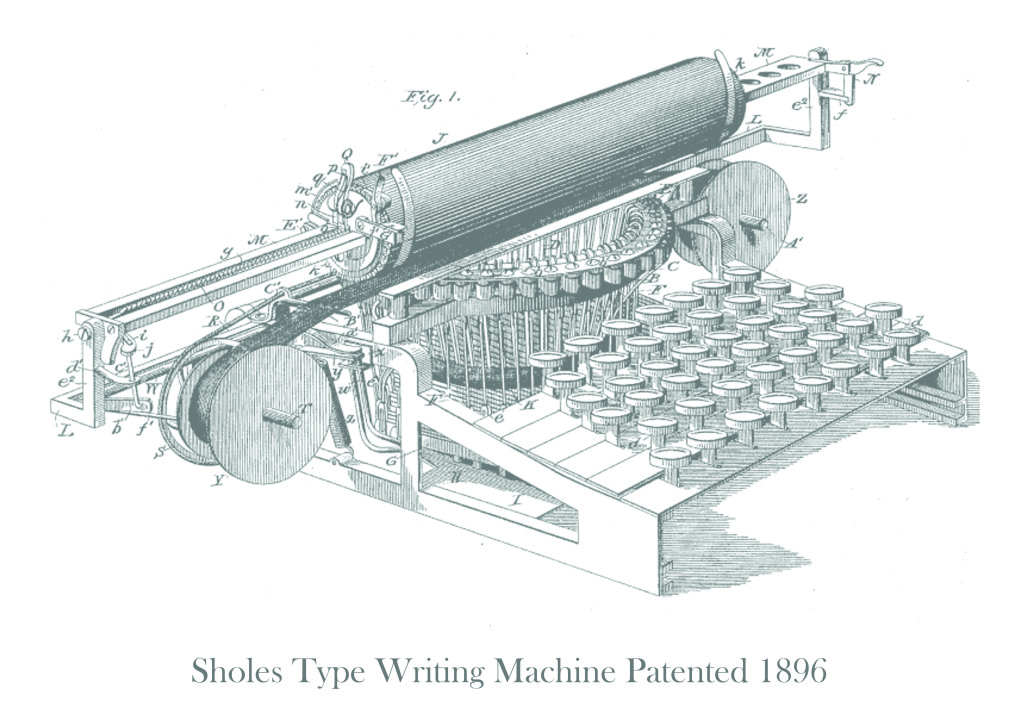Copyrights and Trademarks
A strong intellectual property portfolio does not rely on patents alone. Successful inventors and entrepreneurs also protect their works through federal copyrights and trademarks as well. Federal law also protects trade secrets, which may be used as an alternative to patenting inventions under certain circumstances.
Copyrights protect original works of authorship. Copyright owners have exclusive rights under federal law to reproduce their work, publicly display or perform their work, and create derivative works. Additionally, owners are given economic rights to financially benefit from their work and prohibit others from doing so without their permission. Penalties for copyright infringement can range from monetary damages to imprisonment.
A trademark or service mark includes any word, name, symbol, device, or any combination, used or intended to be used to identify and distinguish the goods and/or services of one seller or provider from those of others, and to indicate the source of the goods/services. Trademarks are what consumers rely upon to distinguish competitors from each other. The unauthorized use of a trademark or service mark on or in connection with goods and/or services in a manner that is likely to cause confusion, deception, or mistake about the source of the goods and/or services is known as trademark infringement.
There are strict laws in place to protect your intellectual property rights. We are here to educate you of those laws, and to make those laws work for you.
Contact Us
We Are Here To Help With Any Questions You May Have. Getting A Patent Is Difficult. Speaking With A Patent Attorney Isn't.
Click Here
